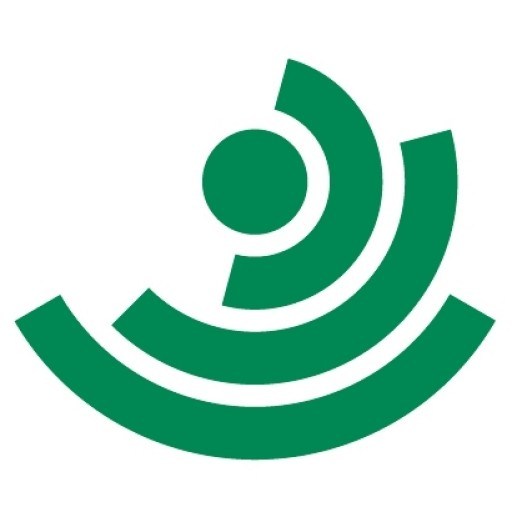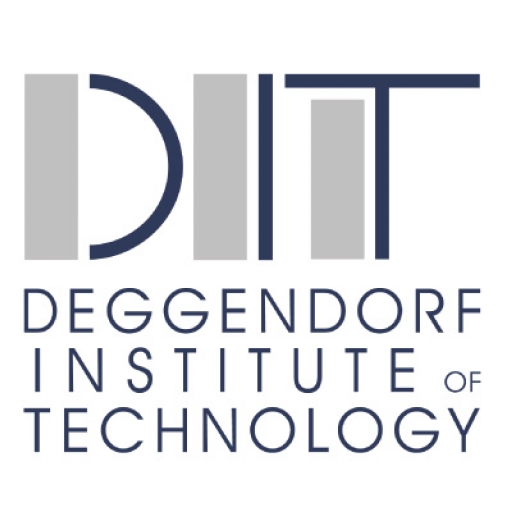Photos of university / #uniheidelberg
The Master's programme is designed to aspire to the following aims:
1) optimising and equalising participants' knowledge in the areas of physiology, anatomy, and medical imaging
2) optimising knowledge in the areas of radiation physics, radiobiology, and radiation protection
3) transmission of theoretical knowledge and practical bases of radiotherapy and medical imaging
4) repeating and optimising knowledge in the areas of statistics and two additional modules from the areas of physics or mathematics
5) knowledge in the area of dosimetry, quality assurance, and its application using modern irradiation techniques, and the administrative and judicial framework will be imparted
6) transmission of knowledge and application of the new areas of IMRT/IGRT and particle therapy
7) Students should ultimately be able to undertake scientific and clinical tasks independently, using modern radiotherapy units.
Educational organisation
The first two semesters are taught through conventional lectures at the Faculty of Physics at the PUC. In the third semester, courses on advanced topics on radiotherapy are taught by lecturers from Heidelberg University and DKFZ as online courses. Parallel to these online modules in the third semester, laboratory courses are scheduled at several hospitals in Chile. The Master's thesis should normally be completed in the fourth semester at the PUC. Nevertheless, students may undertake the thesis at other institutions, such as our collaboration partners in Germany, Argentina, Canada and Australia.Semester One (Santiago de Chile)
General Anatomy and Physiology 6 ECTS
Physics of Radiation and Dosimetry 6 ECTS
Radiobiology, Radiation Protection, and Legal Framework 6 ECTS
Optional Course 6 ECTS
Semester Two (Santiago de Chile)
Physics and Special Techniques of Radiotherapy 6 ECTS
Physics of Medical Imaging 6 ECTS
Statistics 6 ECTS
Optional Course 6 ECTS
Semester Three (Santiago de Chile)
Intensity Modulated Radiotherapy (IMRT) 6 ECTS
Image Guided Radiotherapy (IGR) and Adaptive Radiotherapy (ART) 6 ECTS
Advanced Dosimetry and Quality Assurance 6 ECTS
Practical Work 6 ECTS
Semester Four (Santiago de Chile, Heidelberg or in student's home country)
Master's Thesis 30 ECTS
Pre-requirements 18 ECTS
Total 120 ECTS
Optional Courses
W1 Image processing
W2 Advanced techniques of magnetic resonance imaging
W3 Electronics for physicists
W4 Classical optics
W5 Atomic and molecular physics
W6 Instrumentation and equipment of radiotherapy
International Master, double degree issued by Universität Heidelberg and Pontificia Universidad Católica de Chile
Internships
Internships are planned parallel to the online modules in hospitals with modern radiotherapy equipment. These internships are an important part of the Master's programme, as they allow the practical and independent application of the acquired theoretical knowledge under the supervision of radiotherapy staff with long-term experience. Internships are offered in Santiago de Chile, but may also be carried out in collaborating hospitals in Germany, Argentina, Canada and Australia.Forms of assessment
Assessment will be made in the form of written tests (exams, essays and reports). Studies conclude with an oral exam and the Master's thesis (30 ECTS). The Master's thesis (30 ECTS) is scheduled for the last semester and must be presented and defended.Course objectives
The use of radiation in medical treatments and the increasing complexity of clinical technology have increased the need for medical physics experts in both private and national healthcare facilities. Therefore, there is an increasing demand for medical physics experts and employment prospects are extremely good.Language requirements
Applicants must provide proof of their English and Spanish skills.English: TOEFL 500+ (paper-based), 85+ (internet-based), IELTS certificate level 6+, TOEIC 600+ or equivalent
Spanish: PUC or DELE test from the Instituto Cervantes Intermediate Level or equivalent
Academic requirements
(1) Certificate of high school approval/secondary school completion(2) Bachelor's degree certificate (or a professional qualification equivalent to a university degree from Pontificia Universidad Católica de Chile or Heidelberg University, obtained from a university recognised by the Chilean State or, in the case of foreign institutions, by the government of the country), which should have been granted in either physics or engineering. Other applicants will be considered on a case-by-case basis.
(3) Record of the corresponding grades for the undergraduate courses (or equivalent)
(4) Proof of excellent knowledge of Spanish and English:
- Spanish native speaker
- secondary education and/or higher education completed in a Spanish-speaking country
- Spanish test conducted by Pontificia Universidad Católica de Chile
- certificate of approval of the DELE test from the Institute Cervantes Intermediate Level
- TOEFL 500+ (paper-based), 85+ (internet-based), IELTS certificate level 6+, TOEIC 600+ or equivalent
(6) Curriculum vitae
(7) Other university degrees that may be relevant
(8) The Master's programme is geared towards academic persons with at least one year's work experience in a field related to physics, medicine, and radiotherapy. This work experience should be gained prior to enrolment at the university or at the latest prior to the start of the third semester.
The financing of the Clinical Medical Physics program at Heidelberg University is primarily structured through a combination of governmental funding, university-specific funds, and student fees. As a public university in Germany, Heidelberg University benefits from national and regional educational budgets that support tuition subsidies and research grants. Tuition fees for international students may vary and are generally designed to cover registration, administrative costs, and access to university facilities.
Students enrolled in the program may also have access to various funding opportunities such as scholarships, grants, and financial aid offered by the university or external organizations. Heidelberg University participates in national scholarship programs like the Deutschlandstipendium, which provides financial support to high-achieving students regardless of their field of study. Additionally, there are research grants and stipends available for students participating in scientific projects related to clinical medical physics, often obtained through collaborations with hospitals or research institutes.
Living expenses, including accommodation, food, transportation, and health insurance, constitute a significant part of students' financial planning, though these are not covered by the university. Many students finance their studies through part-time work, internships, or student assistant positions provided within the university or local community, offering practical experience and additional income.
International students should also consider visa-related costs and mandatory health insurance premiums, which vary depending on the country of origin and individual circumstances. Heidelberg University provides financial counseling services to help students plan their budgets and explore funding options effectively.
In sum, the financial structure supporting students in the Clinical Medical Physics program involves a mix of public funding, scholarships, private financial aid, part-time employment, and personal savings. The comprehensive support system aims to reduce financial barriers and promote equal access to education, ensuring students can concentrate on their academic and research activities without undue financial stress.








